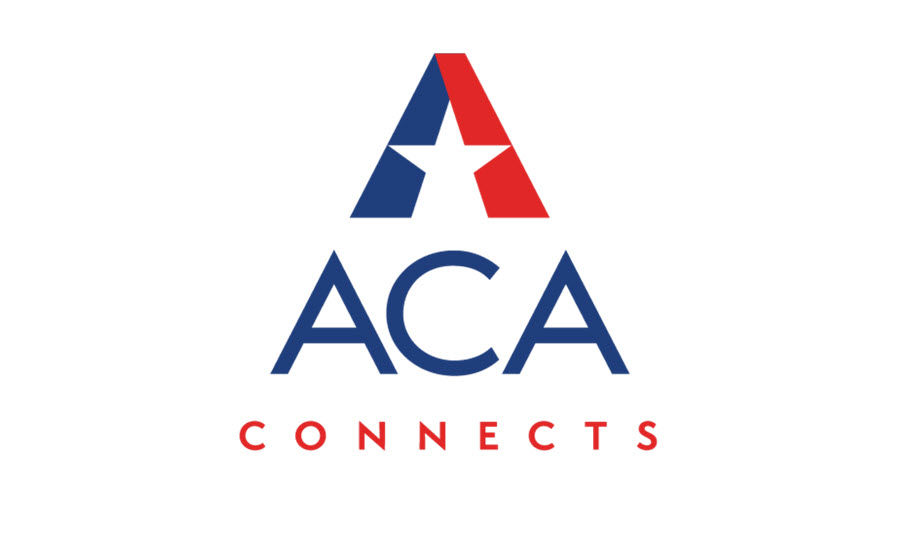ACA Connects to FCC: Retransmission Consent Is Broken
Indie cable group points to competitive imbalance with station owners

The smarter way to stay on top of the multichannel video marketplace. Sign up below.
You are now subscribed
Your newsletter sign-up was successful
Smaller cable operators have a big issue with today's communications marketplace, telling the Federal Communications Commission that while fixed broadband competition is thriving, the retransmission consent video marketplace is broken.
ACA Connects, which represents small and medium-sized independent operators, was providing comment for the FCC Office of Economics and Analysis‘s upcoming report on the State of Competition in the Communications Marketplace.
ACAC said the retrans fees broadcasters charge have gone through the roof, and have come with requirements that multichannel video programming distributors (MVPDs) carry lower-rated channels and multicast signals if they want to carry the higher value primary signal.
That challenging marketplace disproportionately affects smaller MVPDs and their customers, given the imbalance in bargaining power.
“The situation has always been bad, but has become worse over time as more station groups have grown larger across markets and within them,” ACAC said, arguing that broadcasters have evaded media ownership limits and used that to build even more retrans muscle.
“For providers, the options are either to accept the record-setting retransmission consent fees or face a blackout that can wreck a small business,” the group said. ACAC pointed to the 5,557% increase in total retrans-fee revenue over the past dozen-plus years — from $0.21 billion in 2006 to $11.88 billion in 2019.
Also: Cable Retrans Blackouts Declined Sharply in 2021, But 2022 Could See an Uptick in Disputes
The smarter way to stay on top of the multichannel video marketplace. Sign up below.
Broadcasters had argued for years that they are basically making up for the early days of retransmission consent, when they did not get enough compensation for their high-value content.
Under the direction of the Television Viewer Protection Act, the FCC has allowed the National Cable Television Cooperative (NCTC) to bargain for its smaller operators. But ACAC said that while that improved the situation, it “did not and could not” rectify the fundamental imbalance. ▪️
Contributing editor John Eggerton has been an editor and/or writer on media regulation, legislation and policy for over four decades, including covering the FCC, FTC, Congress, the major media trade associations, and the federal courts. In addition to Multichannel News and Broadcasting + Cable, his work has appeared in Radio World, TV Technology, TV Fax, This Week in Consumer Electronics, Variety and the Encyclopedia Britannica.

